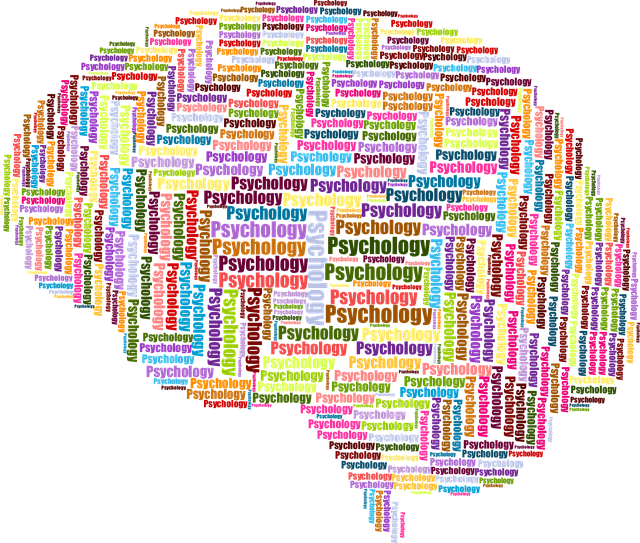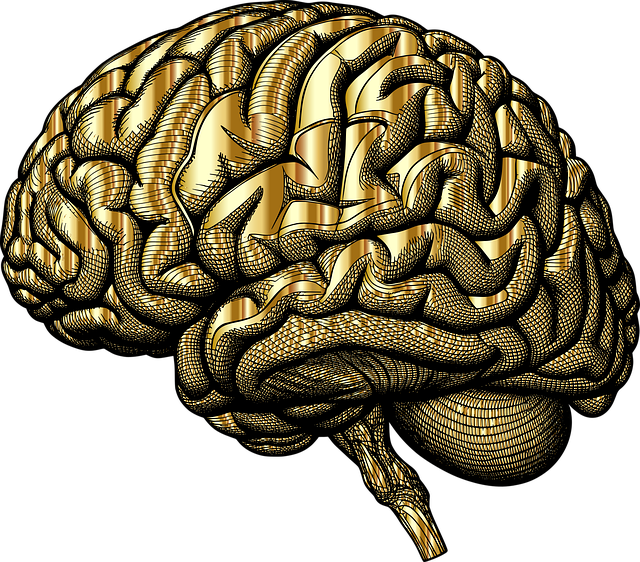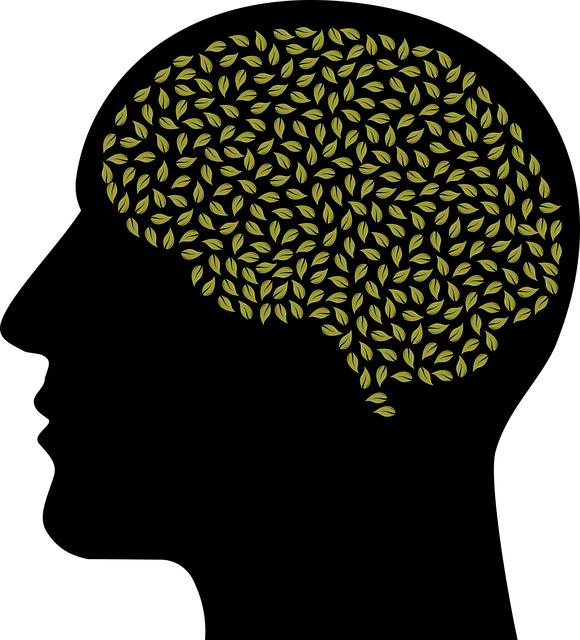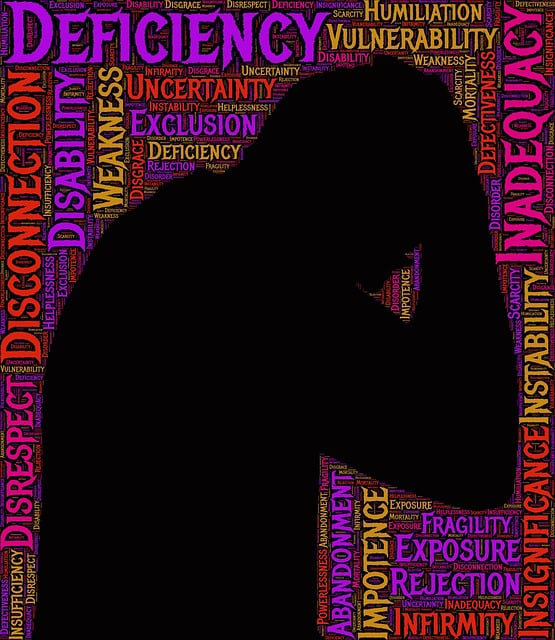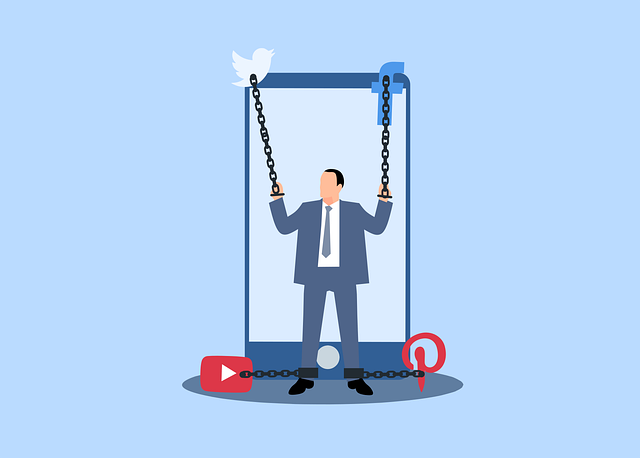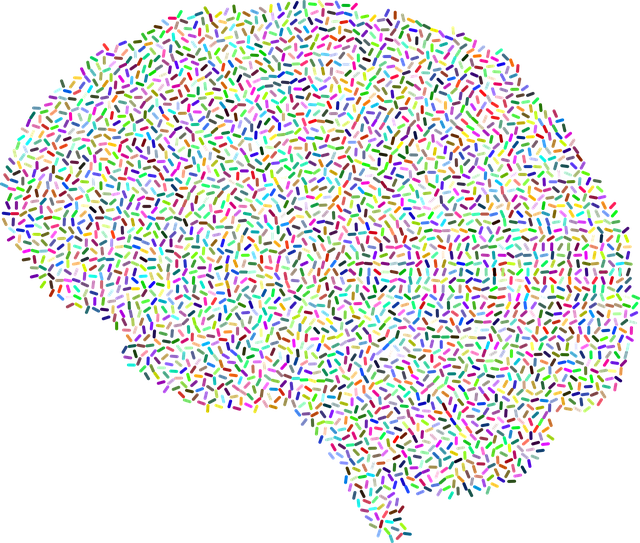Anxiety disorders frequently coexist with Attention-Deficit/Hyperactivity Disorder (ADD-ADHD) in adults, presenting complex challenges as symptoms can overlap. This text emphasizes the need for tailored therapy for adults ADD-ADHD, such as Cognitive Behavioral Therapy (CBT), to address dual disorders. CBT equips individuals with emotional intelligence, effective stress management techniques, and tools to combat stigma. Additionally, community workshops enhance coping mechanisms and promote holistic well-being, improving lives significantly. Beyond CBT, mindfulness, relaxation techniques, and support systems offer comprehensive strategies for anxiety management in this population.
Anxiety disorders are a prevalent challenge faced by many adults with Attention Deficit Disorder (ADD) or Attention Deficit Hyperactivity Disorder (ADHD). Understanding the unique relationship between these conditions is crucial. This article explores effective anxiety management techniques tailored to adults with ADD-ADHD, focusing on Cognitive Behavioral Therapy (CBT), mindfulness practices, relaxation strategies, and the importance of support systems. Discover how these approaches can empower individuals to overcome anxiety and enhance their overall well-being.
- Understanding Anxiety Disorders in Adults with ADD-ADHD
- Cognitive Behavioral Therapy (CBT): A Powerful Tool for Managing Anxiety
- Additional Techniques to Combat Anxiety: Mindfulness, Relaxation, and Support Systems
Understanding Anxiety Disorders in Adults with ADD-ADHD

Anxiety disorders are prevalent among adults with Attention-Deficit/Hyperactivity Disorder (ADD-ADHD), often co-occurring and exacerbating one another. Unlike children, whose symptoms may be more easily recognized, adult manifestations of ADD-ADHD can mask anxiety, leading to undiagnosed or misdiagnosed mental health issues. These disorders manifest in unique ways, such as heightened restlessness, difficulty focusing during stressful situations, or impulsive behaviors triggered by anxiety.
Therapy for Adults ADD-ADHD specifically tailored to address these comorbidities is crucial. Techniques like cognitive-behavioral therapy (CBT) can help individuals gain emotional intelligence, manage stress through organization and time management strategies, and reduce the impact of mental illness stigma. Stress management workshops within supportive communities can foster coping mechanisms, further enhancing overall well-being.
Cognitive Behavioral Therapy (CBT): A Powerful Tool for Managing Anxiety

Cognitive Behavioral Therapy (CBT) is a powerful tool for managing anxiety, offering individuals a structured approach to challenge and change negative thought patterns and behaviors. This evidence-based therapy focuses on identifying distorted cognitions that contribute to feelings of anxiety and replacing them with more realistic and balanced thinking. CBT helps adults with ADD/ADHD navigate their unique challenges by teaching them coping strategies tailored to their needs. By combining cognitive restructuring, behavioral activation, and exposure techniques, CBT empowers individuals to take control of their mental health.
In the context of cultural sensitivity in mental healthcare practice, CBT can be adapted to consider diverse cultural beliefs and experiences, ensuring effective treatment for a broad range of patients. Mental health policy analysis and advocacy also benefit from CBT’s effectiveness, as evidence-based practices like this contribute to improved outcomes and inform policy decisions related to stress management workshops organization and access to quality care.
Additional Techniques to Combat Anxiety: Mindfulness, Relaxation, and Support Systems

Anxiety management goes beyond traditional therapy for adults with ADD-ADHD. Incorporating mindfulness and relaxation techniques into your daily routine can significantly enhance mental wellness and emotional regulation. Mindfulness, for instance, encourages individuals to focus on the present moment, calmly acknowledging their feelings and thoughts without judgment. This practice has been shown to reduce anxiety symptoms and improve overall well-being.
Additionally, building strong support systems is invaluable in combating anxiety. Connecting with friends, family, or support groups can provide a safe space for sharing experiences and seeking guidance. Journaling, another powerful tool, allows individuals to express their feelings, track progress, and identify triggers, thereby fostering better emotional understanding and control. Regular exercise, often recommended by mental health professionals, releases endorphins that boost mood and reduce stress levels—all integral components of a comprehensive anxiety management strategy.
Anxiety management is a comprehensive process, especially for adults with ADD-ADHD. Combining cognitive behavioral therapy (CBT), mindfulness practices, relaxation techniques, and robust support systems offers a multi-faceted approach to addressing anxiety disorders. By utilizing these effective strategies, individuals can gain better control over their symptoms, improve overall well-being, and enhance their quality of life. Remember, seeking professional help for therapy specifically tailored to adults with ADD-ADHD is a crucial step towards managing and overcoming anxiety.

